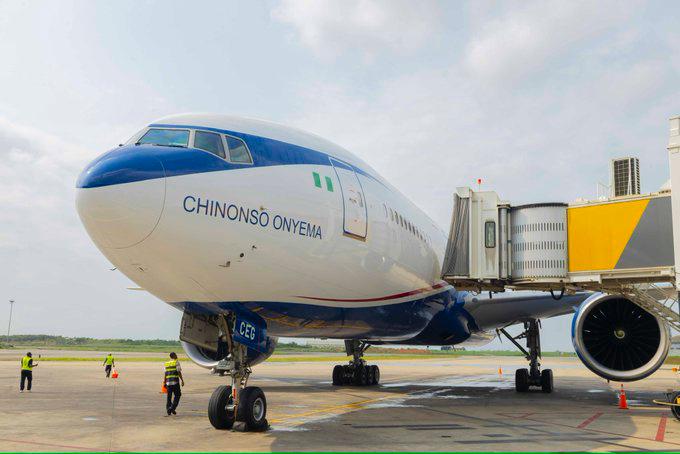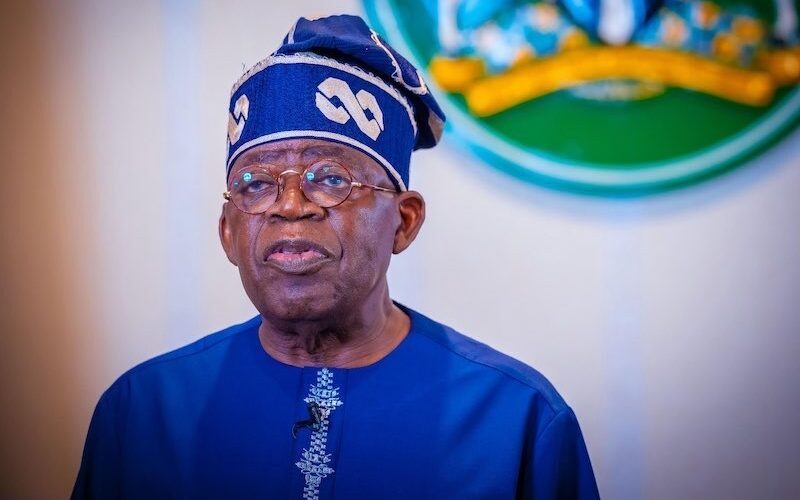By Ras Mubarak, Leader of the Trans African Tourism and Unity Campaign
We arrived in Abuja late last night, after driving some 434 miles or 752 km from Lagos. This brings our total travel time to Abuja, after setting off from Ghana through Lome in Togo, Cotonou in Benin, and Lagos, Nigeria to approximately 722 miles or 1,162km.
As the Trans African Tourism and Unity Campaign, a soul-stirring 40,000-kilometer journey seeking a visa-free and united Africa rolled into Abuja, Nigeria, on August 22, 2025, we were enveloped by a city that feels like a love letter to Africa’s potential.
This isn’t just a stop on our epic quest for a visa-free, united continent. Abuja is a revelation. I have often wondered why little is done to create a buzz for Nigeria’s national capital, given how loud my brethren from Nigeria could be. Abuja is a radiant city which pulses with a promise so profound it stirs the soul, yet its own people seem to whisper its praises too softly.
Why do Nigerians hype everything but this breathtaking national treasure?
From the moment we crossed into Abuja, leaving behind the vibrant coastal trail of Accra, Lomé, Cotonou, and Lagos, we were struck by a city that stands as a testament to African ingenuity. Abuja is a masterpiece of urban planning; its wide boulevards remind me of the city of Dallas in the U.S. Abuja’s orderly districts are a stark contrast to the chaos that often defines city life elsewhere.
The streets gleam under well-lit skies, clean and inviting, framed by lush greenery that mirrors Nigeria’s emerald spirit. Aso Rock looms majestically, a silent guardian of a city that feels safer than most, with security woven into its fabric.
And the best part? Life here is kinder to the pocket than in my native Ghana, where costs can weigh heavy on the heart.
As we prepare for a Sunday of sightseeing—marveling at Millennium Park’s serenity, Jabi Lake’s sparkle, and the cultural mosaic of the Arts and Crafts Village—our Monday meetings with Nigerian officials loom large.
We’ll carry the torch of a visa-free Africa, urging leaders to embrace open borders that let 1.4 billion Africans move as one, trade as one, dream as one. Abuja, with its diplomatic heartbeat and “Centre of Unity” ethos, is the perfect stage to amplify this vision.
Yet, as I walk these vibrant streets, a question burns within: If Abuja can shine so brightly—green, clean, and serene—why not Lagos, Kano, or every Nigerian city? The answer lies in a choice: serenity over chaos, discipline over neglect, courage over complacency.
Nigeria, your cities can be more than they are. Tear down illegal structures, ban the plastics choking your rivers, and plant the seeds of greenery that reflect your national colors.
Abuja shows it’s possible—a sustainable, thriving city that could inspire the world. This is the Africa we dream of in our campaign: united, green, and boundless, where every city mirrors the pride of its people.
So, Nigerians, let’s shift the energy. Stop battling Ghana over jollof rice—we all know Ghanaians are the true jollof kings! Instead, pour your passion into hyping Abuja, your crown jewel. Tell the world of its beauty, its safety, its promise.
Invite tourists to walk its clean streets, dance in its vibrant markets, and feel the heartbeat of a united Africa. Abuja isn’t just Nigeria’s capital—it’s a beacon for the continent, a call to build a future where every African can visit, belong, and thrive. Join us, Nigeria, in shouting Abuja’s glory from the rooftops, and let’s welcome the world to this stunning city with open hearts! #OpenAfrica #OpenOpportunities #AbujaShines
About the author:
Ras Mubarak is former Ghanaian MP and dedicated Pan-Africanist, leading a group of activists on an ambitious campaign to mobilize support for a visa-free and united Africa.
The post Abuja shines: A heartfelt ode to the jewel of Nigeria’s heart appeared first on The Herald ghana.



